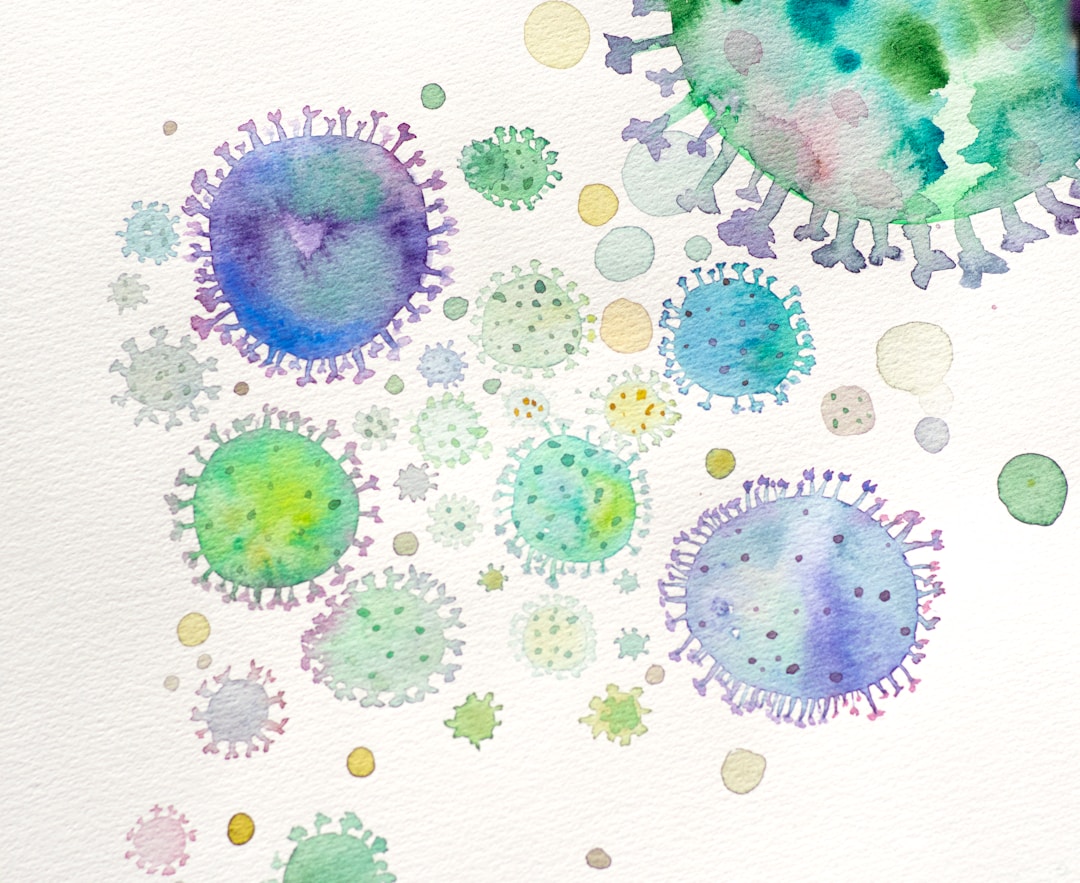Oxygen is essential for most living things on earth. Without fresh air, people can’t survive. The human body’s cells use oxygen to produce energy and break down sugars. People can only survive for a few minutes without air before suffering permanent brain damage or death.
Ventilation is what allows fresh air into a room. A flawed ventilation system significantly impacts your indoor spaces, whether you’re at home or work. However, there are several reasons you should invest in an excellent ventilation system. Read on to learn about those reasons, how to improve the ventilation in your indoor spaces, and how to know if you have ventilation issues.
Poor ventilation can adversely affect your health.

Poor ventilation affects your indoor spaces in two primary ways. First, an ineffective ventilation system may prevent airflow, causing carbon dioxide to build up inside and limiting the amount of oxygen available to building occupants.
A poor ventilation system may also distribute toxins and pollutants, compromising your indoor air quality. When a building’s heating, ventilation, and air conditioning (HVAC) system isn’t maintained, dust, mold, pollen, and allergens can be picked up from dirty filters or ductwork and distributed throughout the building. When this happens, the toxins in the air can trigger respiratory illnesses and allergic reactions.
Lack of oxygen can cause headaches, fatigue, and shortness of breath. Poor indoor air quality issues can cause symptoms such as forgetfulness, dizziness, sneezing, and headaches. In addition, people who spend a lot of time in indoor spaces with poor air quality are more likely to get colds or the flu.
Poor air quality can also trigger asthma attacks by exposing occupants with asthma to allergens such as mold, pet dander, and pollen. People with asthma may also be affected by the limited amount of fresh air available.
Poor ventilation can cost you money.

In addition to experiencing health issues, you’ll have healthcare expenses stemming from your ventilation issues. These costs may vary based on the severity and frequency of your symptoms.
Your energy costs may also increase. For example, poor ventilation may be related to dirty filters and ductwork, making it harder for your HVAC system to circulate air throughout your building. When the HVAC unit can’t distribute air effectively, it has to run for more extended periods. Not only does this consume more energy, but it also wears down your HVAC system, which can cause it to break down or shorten its lifespan.
Take these steps to improve your ventilation.
Once you detect a sign that your commercial building needs better ventilation or a symptom of ventilation issues arises at home, you must take appropriate steps to improve your ventilation. First, contact a reputable HVAC company. Have their licensed HVAC technicians perform a maintenance check on your HVAC system. HVAC techs can replace dirty air filters and clean your HVAC system, removing toxins such as mold from your airflow.
Installing air cleaners and humidifiers can also improve your home’s air quality. For example, installing a whole-home in-duct air purifier protects your home from toxic gases and microbial pollutants. In addition, it filters out dust particles, ensuring all the air distributed through your HVAC system is clean.
When possible, you should let in fresh air from outside. You should also replace your HVAC unit’s air filter once every three months.
Common signs can indicate you have a ventilation problem.

Health symptoms and rising energy bills may indicate you have a ventilation problem, but they aren’t the only symptoms to look out for. If condensation builds up on windows and glass, it can signify high moisture levels in the building stemming from ventilation issues. Other signs of high moisture levels include rust on plumbing pipes and fixtures, mold growth on your walls, and discolored wall tiles or flooring. Excess moisture can cause exterior and interior paint to peel, which could also be a sign of ventilation issues. When you have inadequate attic ventilation, hot, moisture-filled air builds up inside the attic, causing roof damage.
You should invest in a better ventilation system to protect your health and save money. Indoor air quality issues can cause health issues, such as respiratory problems, headaches, and forgetfulness. They can also cause your HVAC system to work harder, contributing to higher electric bills. Ventilation issues can also cause structural damage to your building. Hiring HVAC technicians to maintain your HVAC system and install an air purifier can resolve ventilation issues.







